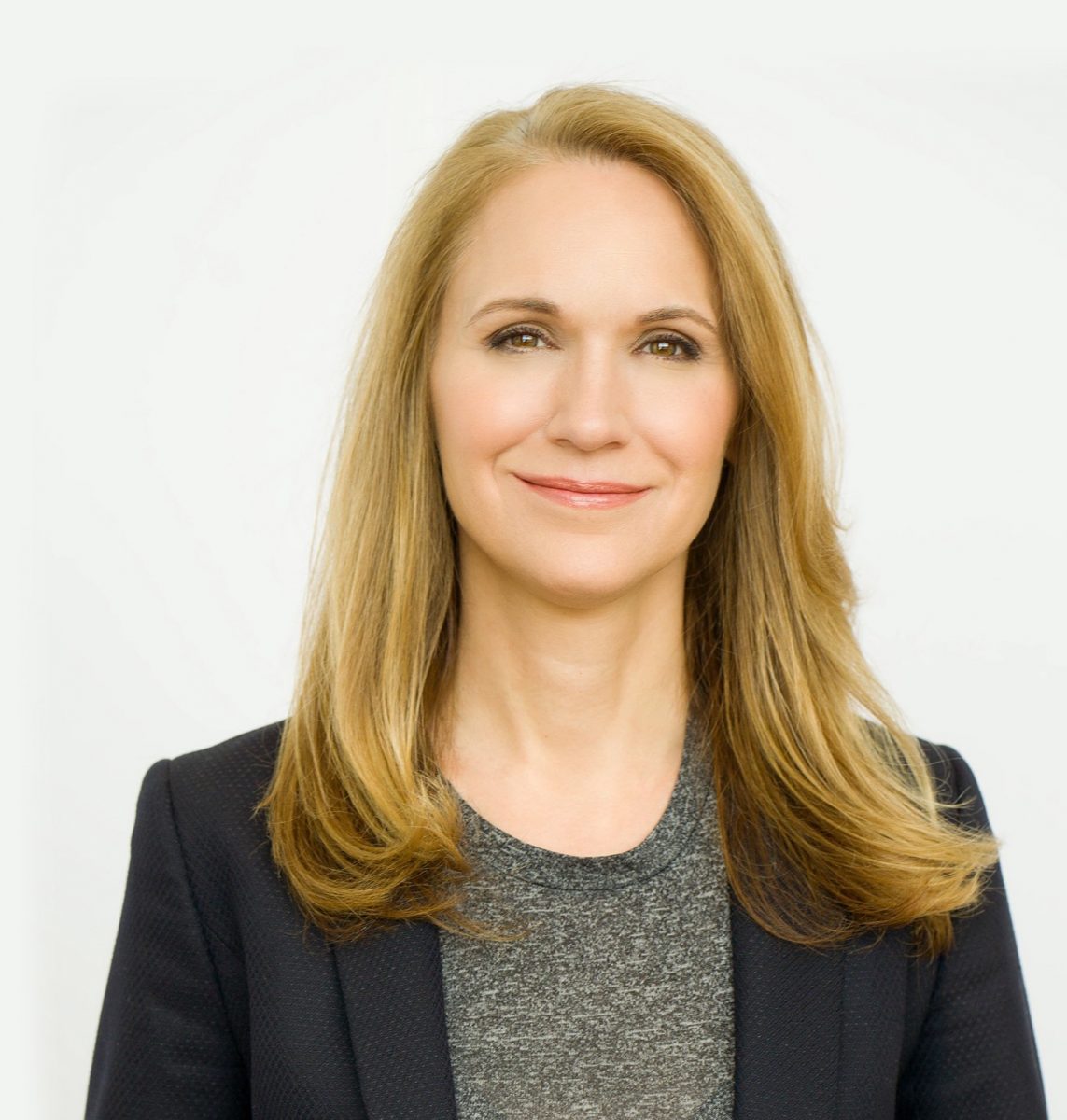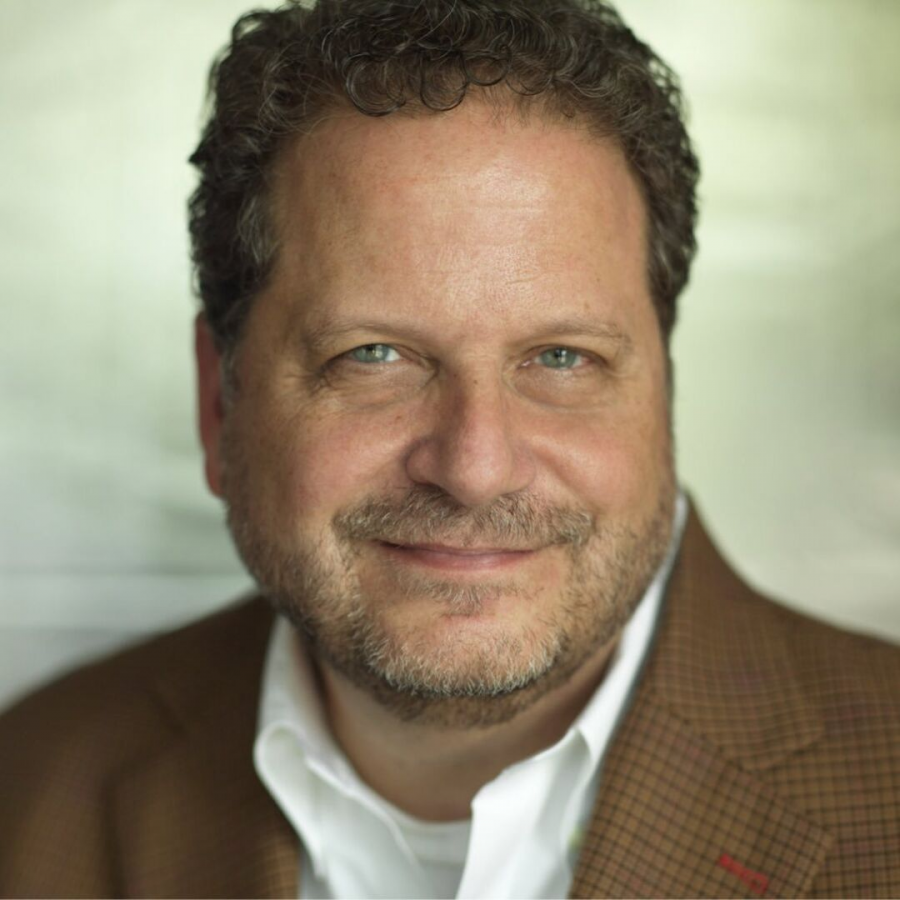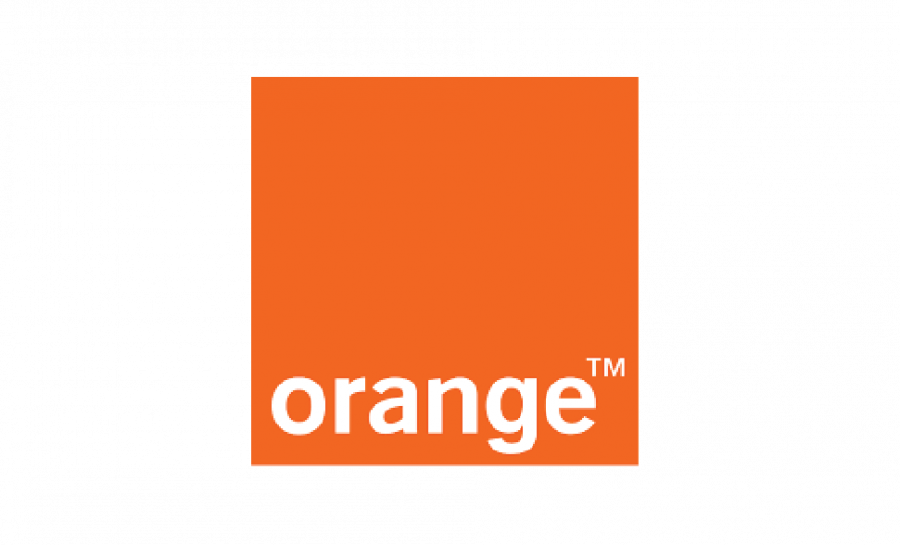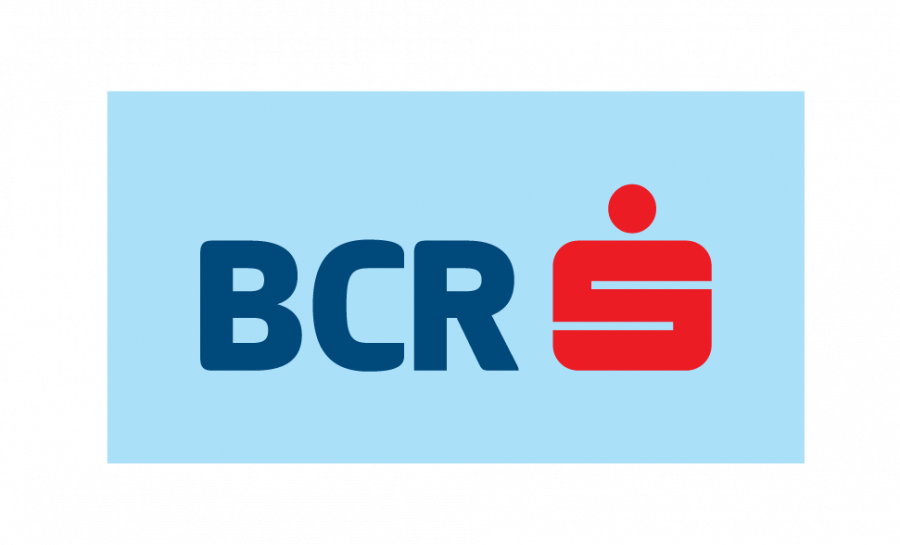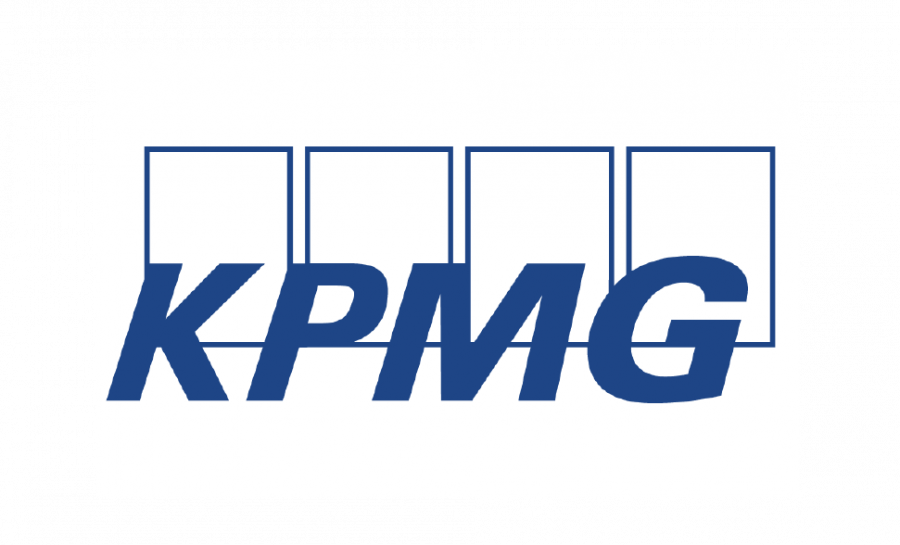1 April, 2018
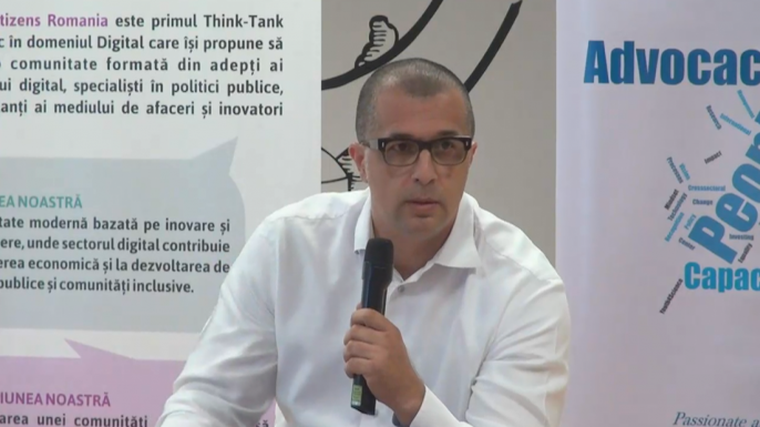
In early January 2018, GapMinder Venture Partners announced it was open for business, targeting to invest EUR 26m in early stage technology companies in Central Eastern Europe, with an emphasis on Romania’s developing tech scene.
The fund is led by Dan Mihaescu as Founding Partner, a well-known investor in a number of high tech start-ups with a deep knowledge of the regional start-up scene. Dan has a solid investment track record, being an angel investor in companies such as Axosuits, TypingDNA or ConsultaClick. Before becoming an investor, he has fulfilled various leadership roles at large companies such as Microsoft, UPC or GTS Telecom.
We caught up with Dan to tell us more about how GapMinder, which also funds the Techceleratoracceleration program, “plans to invest and support the most disruptive and bold innovations.”
Q1: Why is now a good time to launch GapMinder VC in Romania? How does Romania’s start-up scene differ to other regional tech scenes? What tech sectors do you think Romania excels in?
I think it is a good time to launch GapMinder because the technology ecosystem in Romania has evolved and matured – but it’s still essentially overlooked. We see a change of paradigm, as people are becoming more entrepreneurial and good people with technical skills are interested in joining start-ups.
Until now, angel investors were generally investing less than 200,000 euros, and the regional funds in Romania were investing at least 1 million euros. We think there’s an opportunity to fill in this critical investment gap and that’s what we are aiming to do. It’s a chance for the ecosystem to become much more balanced.
Romania has a bigger start-up scene than the other CEE countries except for Poland. I estimate that the number of start-ups in Romania is around 500, while the number of dormant start-ups that have high-tech components can be estimated in a few thousand. At our accelerator, Techcelerator, we’re now seeing between 10-12 new start-ups per week, and we’re just one fund.
There’s a lot of highly valuable technology that is developed in Romania and a side effect is that a lot of highly educated engineers go into AI, machine learning, advanced analytics or predictive marketing.
Q2: What qualities do you look for in start-ups that you believe have potential? How crucial is good leadership to a company’s success?
We always look at the team first, because the team makes it or breaks it. The experience of the founders, their general vision, ambitions, goals, energy, and how they all work together. Then we look at the technology, to identify products that can really make a difference.
If there is no leadership, or more specifically, if we think there is no shared leadership and there is potential for big egos or arrogance, then we don’t want to get involved – this is crucial. This can make the difference between a business that gets to 100,000 euros in revenue or a business that gets to millions or even hundreds of millions in revenue.
Q3: What are the common pitfalls of rapid growth? And how can they be avoided? Which ‘innovative’ start-ups in Romania stand out to you?
One is a lack of common vision inside the leadership team. Where one person believes that she/he is more important than the others, or another person is not respecting the product vision. Another mistake can be trying to make the perfect product and then contacting customers; the problem there is that, meanwhile, the market will evolve – so it’s a race against time.
When we invest, one of the most important things we do is compress time, we will ask: “ok, so you want 500,000, tell us what you would do with 1 million?”. A team needs to focus on growing the company, not on doing a fundraising every six months — that can slow growth.
I’m not open to throwing names out of those we’re in talks with, but one that is not yet under our due diligence is Typing DNA, which I invested in previously as an angel investor.
The product basically learns the way you type, so it’s a biometric technology, a cyber-security project enabled by artificial intelligence; it’s a secondary identification engine. It learns the way you type, and then it validates if it’s you or not. It’s an amazing product and it could have many other uses.
Q4: What qualities do you look for in the start-up teams to see if they are worthy of investment? What do you do if you are keen on a product and believe it has potential but have reservations about the teams behind them?
We first evaluate the experience of the founding team, the relevant experience for the different stages of the business; whether that’s the product development or the go-to-market phase. And most importantly, that they fit together well and that they have the vision and courage and energy to reach their goal.
Their vision should show us that they want to build a big company — it is fundamental. We want them to see that they need to build a company, not just a project. They may not have the complete knowledge, but that can be easily accessed, so energy can make all the difference.
If we have reservations, we’ll look for similar projects to see if there’s an alternative. Then, we’ll have an open conversation about the missing pieces and the things that we’re not comfortable with — to see if we can move forward or not. If not, we walk away.
Q5: What documents do you request from a company you that is interested in seeking funding and how long is the process? What markets or types of products do you think will come to define Romania’s tech scene?
First we look at eligibility criteria and other company details, such as if they’ve previously raised grants or used European funds. Then we need to see the structure of the shareholding to understand who’s getting what, and make sure that the founders are highly motivated by the shares they have.
I think IT will come to dominate the Romanian tech scene, because it’s very comfortable for Romanian entrepreneurs to serve high-tech products, it’s very natural for them. I think that there is a lot of knowledge in cyber-security and AI compared to other CEE countries.
Very few start-ups have scaled up from this region to a global level, but if you’re one of the biggest in CEE then it’s a good business case. I think the success stories will come in areas where we have already had success stories, and from knowledge requested from other industries.
You may also like
5 Questions with April Dunford (author and product positioning expert) - Part 2
In early January 2018, GapMinder Venture Partners announced it was open for business, targeting to invest EUR 26m in early stage technology companies in Central Eastern Europe, with an emphasis on Romania’s developing tech scene. The fund is led by Dan Mihaescu as Founding Partner, a well-known investor in a number of high tech start-ups with a deep knowledge of… Read more »
5 Questions with Bob Moesta (co-architect of the Jobs-to-be-Done framework)
In early January 2018, GapMinder Venture Partners announced it was open for business, targeting to invest EUR 26m in early stage technology companies in Central Eastern Europe, with an emphasis on Romania’s developing tech scene. The fund is led by Dan Mihaescu as Founding Partner, a well-known investor in a number of high tech start-ups with a deep knowledge of… Read more »


